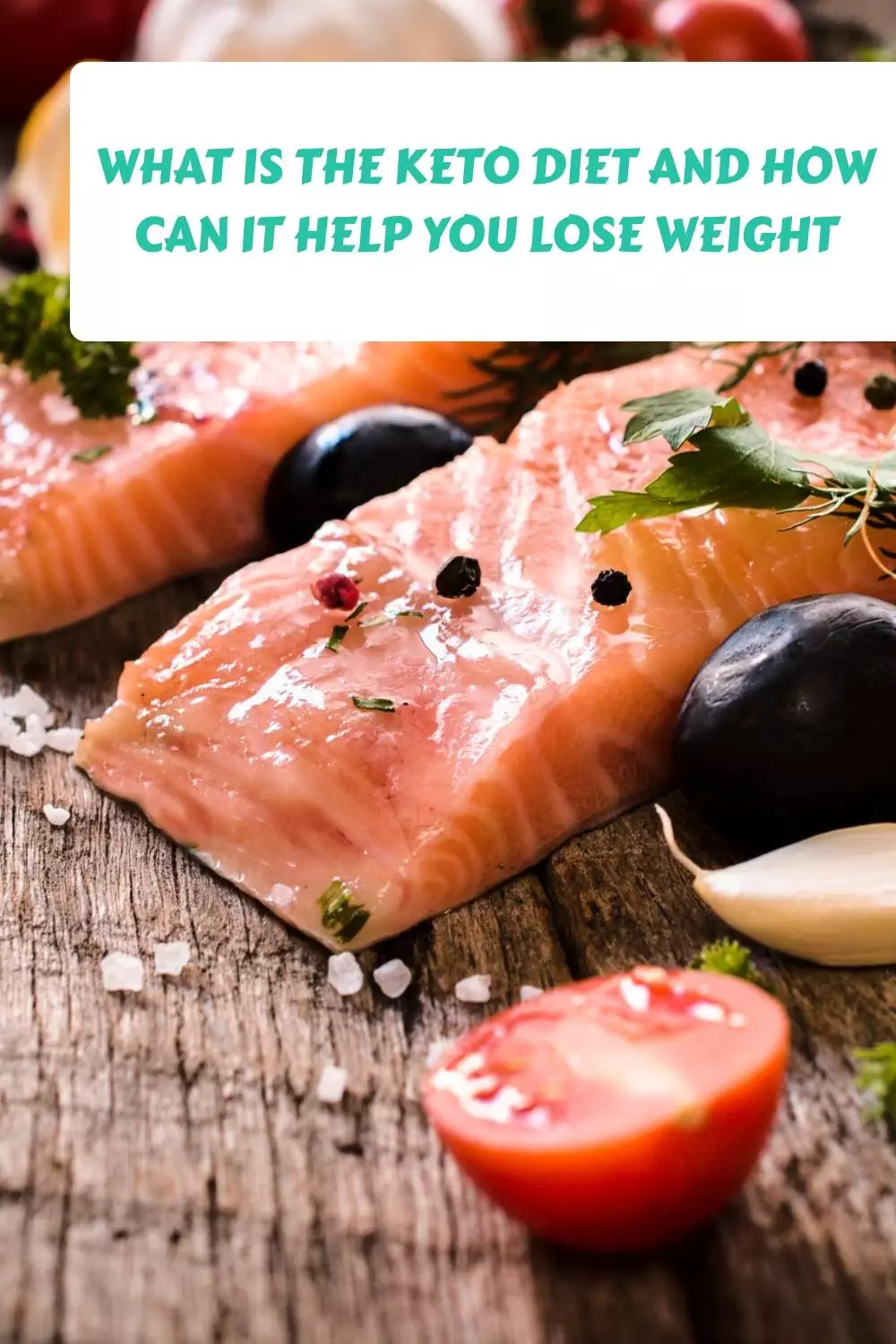
What is the Keto Diet and How Can it Help You Lose Weight
The ketogenic diet, or simply “keto” for short, has become one of the most popular weight loss strategies in recent years. It’s a low-carb, high-fat diet that promises quick weight loss results without feeling deprived or hungry all the time. But what exactly is the keto diet, how does it work, and can it really help you lose weight? In this article, we’ll answer these questions and more to give you a better understanding of whether the keto diet might be right for you.

Introduction to the Keto Diet
The keto diet is based on the idea that by reducing your carbohydrate intake and increasing your fat consumption, you can put your body into a state called ketosis. This means that instead of using glucose (from carbs) as fuel, your body burns stored fat for energy. The result is rapid weight loss, reduced appetite, and improved overall health markers like cholesterol levels and blood sugar control.
What is Ketosis and How Does it Work?
Ketosis occurs when your body doesn’t have enough glucose to use as fuel, so it starts breaking down stored fat into molecules called ketones. These ketones are then used by your cells as an alternative source of energy. When you eat a typical Western diet, which is high in processed grains and sugars, your body becomes accustomed to running on glucose. However, when you reduce your carb intake significantly, your body must adapt to burning fat instead. This process takes several days to occur, but once you enter ketosis, you may experience increased energy levels, fewer cravings, and faster weight loss.
The Benefits of a Keto Diet for Weight Loss
There are many potential benefits to following a keto diet for weight loss. Some studies suggest that the keto diet may lead to greater reductions in body weight and body fat compared to other diets, especially in people who are overweight or obese. Additionally, the keto diet has been shown to improve insulin sensitivity, lower inflammation, and reduce risk factors for heart disease, such as triglycerides and HDL cholesterol levels. Finally, some people report improvements in their mental clarity and focus while following a keto diet, possibly due to changes in brain chemistry associated with ketone production.
Foods to Eat (and Avoid) on a Keto Diet
One of the biggest challenges of starting a keto diet is figuring out what foods to eat and avoid. Generally speaking, you want to aim for a diet that consists primarily of whole, unprocessed foods that are rich in healthy fats and low in net carbs (total carbs minus fiber). Here are some examples:
Fatty cuts of meat like bacon and steak
Fish and seafood
Nuts and seeds
Avocado
Low-carb vegetables like spinach, broccoli, and cauliflower
On the other hand, there are certain foods that should be avoided or limited on a keto diet, including:
Grains like bread, pasta, and rice
Sugary drinks like soda and juice
High-carb fruit like bananas and apples
Starchy vegetables like potatoes and corn
Common Mistakes People Make When Starting a Keto Diet
Despite its many benefits, the keto diet isn’t always easy to follow at first. There are several common mistakes that people make when starting a keto diet, including:
Not tracking macronutrients carefully enough
Consuming too much protein, which can prevent ketosis
Overeating overall, leading to stalled progress
Not staying hydrated, which can cause headaches and fatigue
Conclusion: Is the Keto Diet Right For You?
Ultimately, whether the keto diet is right for you depends on your individual needs and goals. If you’re looking for a fast way to shed pounds and improve your overall health markers, the keto diet may be worth trying. Just remember to do your research, track your macros closely, and listen to your body’s signals to determine if this approach is sustainable long-term.

